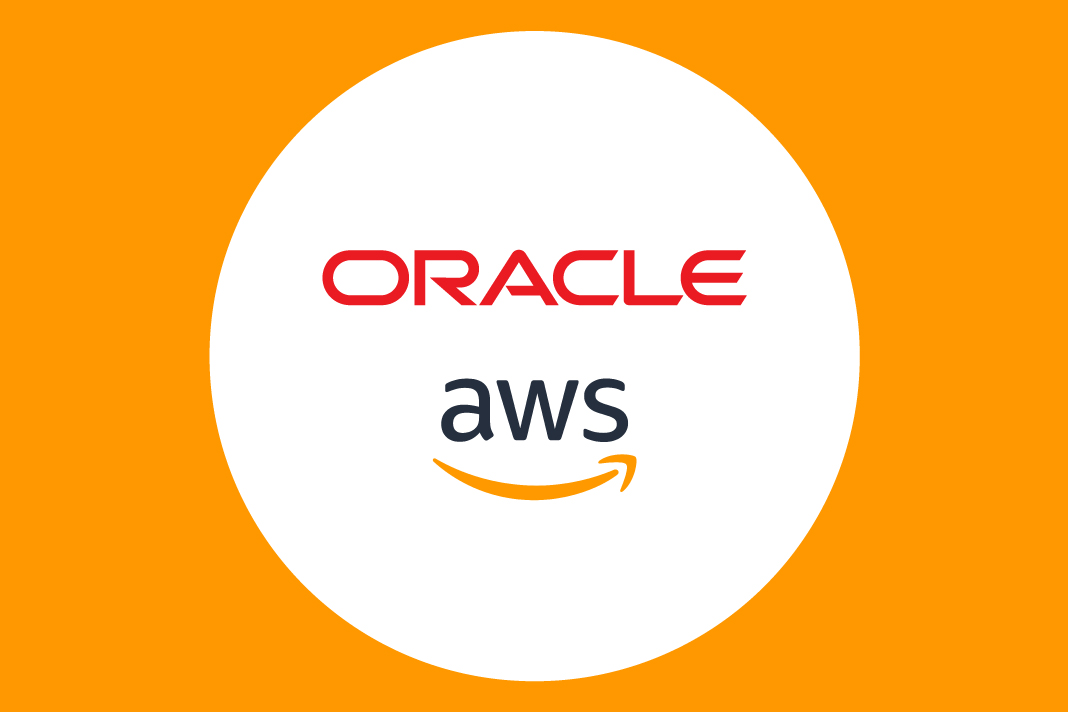Discover how Oracle and AWS collaborate to bring Oracle Cloud offerings to the AWS platform.
Oracle and Amazon Web Services (AWS) are launching Oracle Cloud offerings on Amazon’s cloud platform.
The Oracle Database@AWSsolution enables customers to access Oracle Autonomous Database on dedicated infrastructure and Oracle Exadata Database Service within AWS.
It will also allow customers to connect their enterprise data in their Oracle Database to applications running on Amazon Elastic Compute Cloud, AWS Analytics services, AWS’s artificial intelligence, and machine learning services including Amazon Bedrock.
“We are seeing huge demand from customers that want to use multiple clouds,” said Larry Ellison, Oracle founder, chairman, and CTO. “To meet this demand and give customers the choice and flexibility they want, Amazon and Oracle are seamlessly connecting AWS services with the very latest Oracle Database technology, including the Oracle Autonomous Database.”
He continued: “With Oracle Cloud Infrastructure deployed inside of AWS data centers, we can provide customers with the best possible database and network performance.”
The offering will be available in preview later this year, and have a broader availability in 2025.
“As far back as 2008, customers could run their Oracle workloads in the cloud, and since then, many of the world’s largest and most security-sensitive organizations have chosen to deploy their Oracle software on AWS,” added Matt Garman, CEO at AWS. “This new, deeper partnership will provide Oracle Database services within AWS to allow customers to take advantage of the flexibility, reliability, and scalability of the world’s most widely adopted cloud alongside enterprise software they rely on.”
Oracle has previously launched similar offerings in partnership with Google and Microsoft, placing Oracle hardware inside the other cloud providers’ facilities.
Also Read: AI Agents Revolutionize Crypto Transactions on Base
The Google announcement was revealed in June 2024, and started with a Google Cloud Cross Interconnect with Oracle available in 11 global regions, enabling customers to deploy general-purpose workloads across both Oracle and Google Cloud’s services with no data transfer fees. The two are also partnering on Oracle Database@Google Cloud.
Oracle and Microsoft have a longer-standing relationship, making Oracle Database@Azure available in December 2023. This followed Microsoft signing a multi-year agreement to use Oracle Cloud for AI inferencing on its Bing search service. In March 2024, Oracle was preparing to put its cloud infrastructure in three additional Microsoft data centers.
Most recently, Oracle, Microsoft, and OpenAI announced they were expanding the Microsoft Azure AI platform to Oracle Cloud Infrastructure (OCI). The move will increase OpenAI’s capacity to train its large language model.
The partnership with AWS is somewhat surprising, with the two companies clashing heads over the last few years.
Oracle’s Ellison has been quoted several times snubbing the cloud provider, including stating: “We don’t think an application should talk to five or six separate databases. We think it’s a very, very risky security architecture,” during a 2021 earnings call and referencing AWS’ offerings.
During that same call, Ellison added: “That’s been the big question out there – was our cloud good enough to compete with Amazon and Google and Microsoft, and I think we have answered those questions. It’s not only good enough to compete. In many cases, it’s much better for security, for performance, for reliability. For cost – we’re cheaper. And that’s one of the reasons we have such a big ISV business. And why so many people have left Amazon and gone to the Oracle Cloud is because we cost less.”
Also Read: The Rise of Hybrid Cloud: Why Businesses Are Going All-In
Ellison doubled down in 2023, noting that while he thinks Amazon is a very impressive company, “does it make sense that Amazon takes an open-source database like MySQL and turns it into Aurora that is not open-source? Then, this idea that a customer can’t move data in and out of an AWS data center because in their mind, ‘You’ve gotta keep everything in our cloud — we own everything! — so if you want to run your database on AWS, you have to PAY us!’”
Later that year, Ellison claimed Oracle’s database was 1000x faster – likely hyperbole – than AWS’ Aurora database.
Despite these disagreements, it seems the two companies have found mutual benefits from teaming up.



